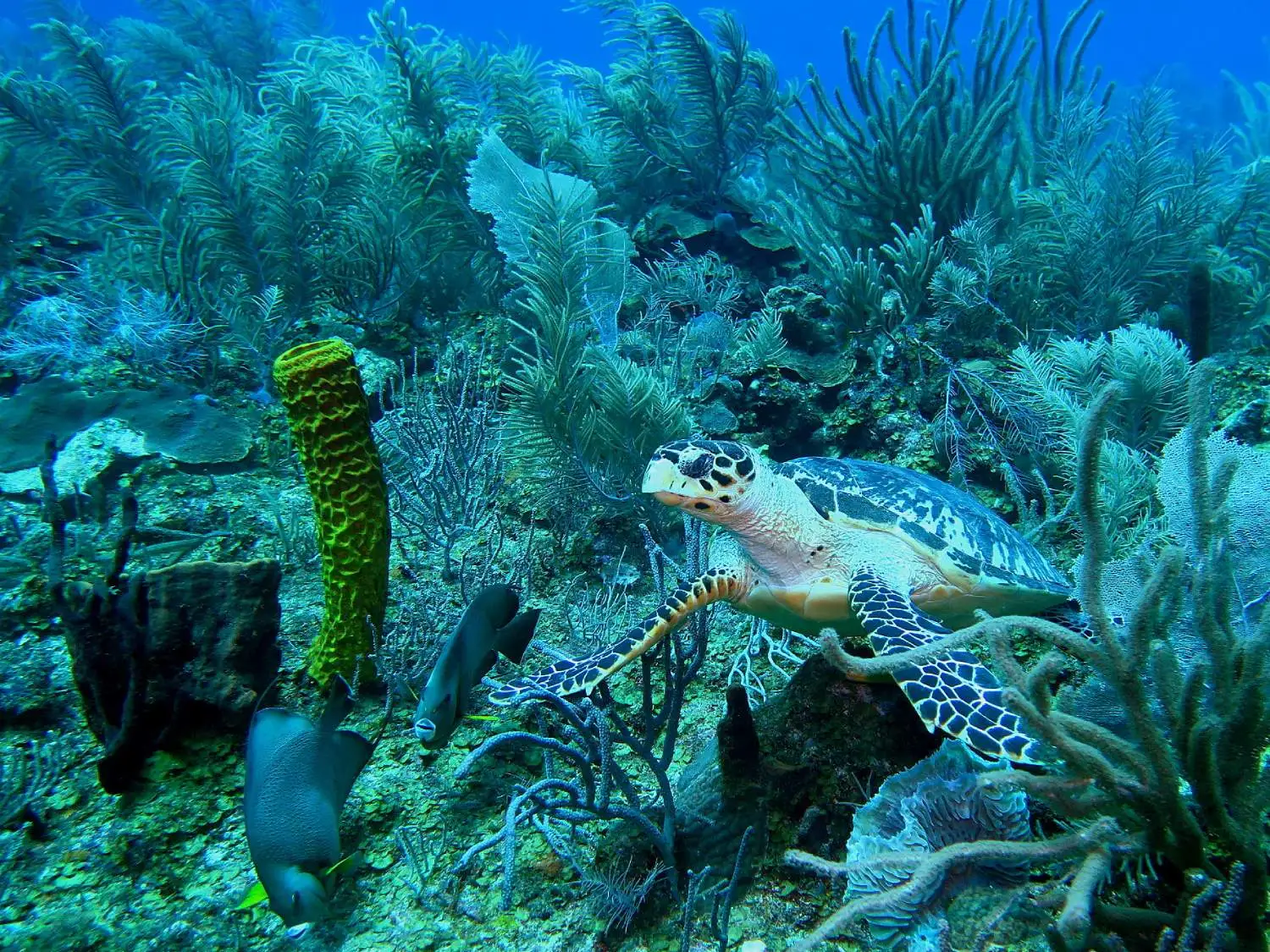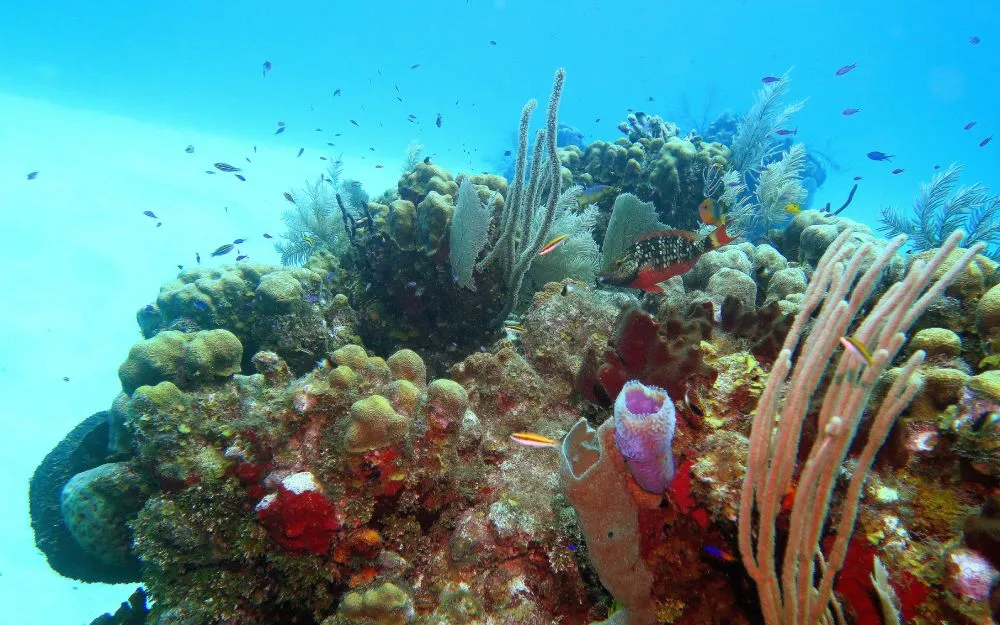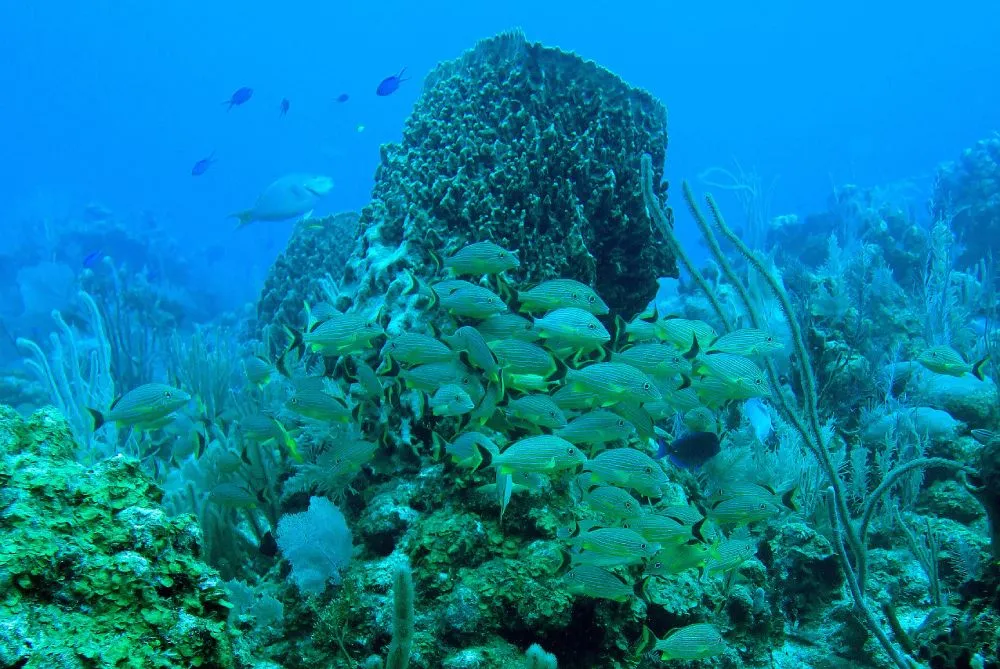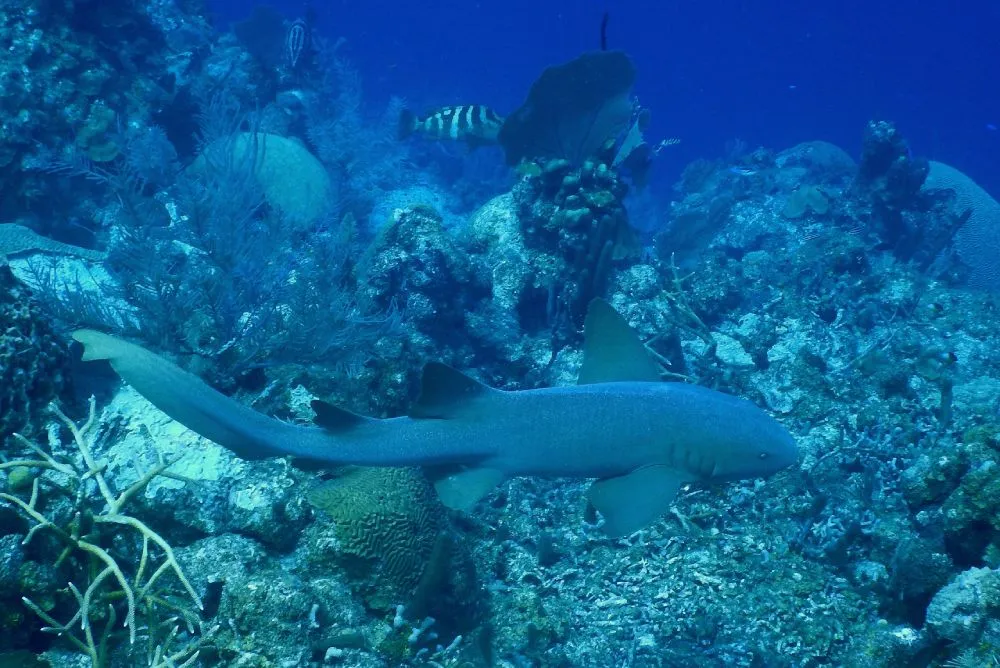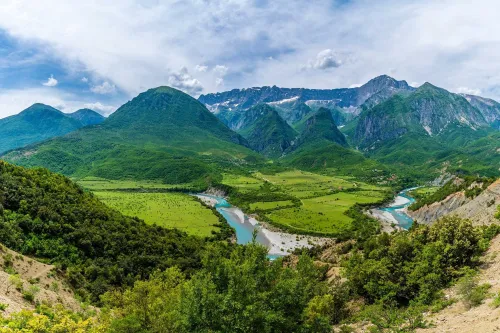Expedia Group understands this connection. Aditi Mohapatra, Vice President of Global Social Impact and Sustainability, puts it plainly:
“Nature is the product we are offering our travellers. Beaches, coral reefs, rainforests, these are the reasons people explore the world. Connecting and protecting them is essential.”
In short: it’s about doing the right thing and staying in business. Globally, over 80% of Travel & Tourism goods and services depend on healthy ecosystems. While carbon emissions are closely monitored and often carry a price, the loss of biodiversity and ecosystems is largely ignored. That oversight is risky. Nature-based solutions, like protecting forests, wetlands, and reefs, could provide over 30% of the most cost-effective climate mitigation needed by 2030. Yet they currently receive less than 5% of global climate funding.
